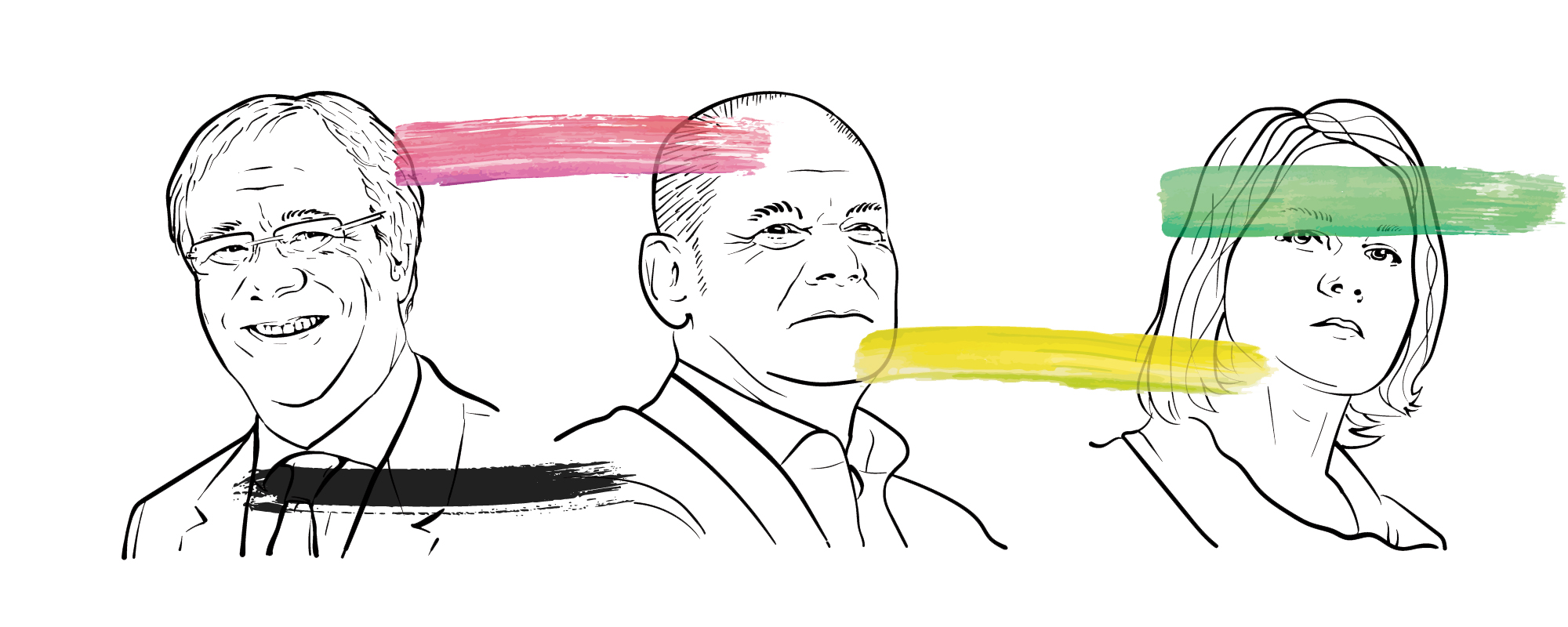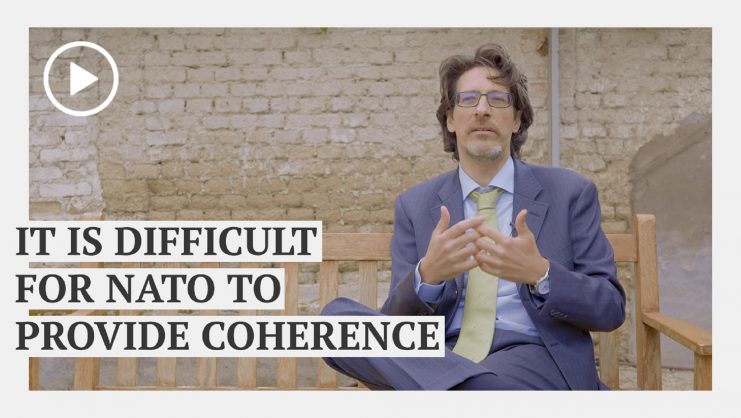The most exciting German elections in decades have ended up with no real winner. Uncertainty has prevailed, and will be with us for many months to come. The official winner is, of course, Olaf Scholz, the leader of the Social Democratic Party (SPD), who got 25.7% of the votes. Almost two percentage points more than Armin Laschet, head of the Christian Democratic Union/Christian Social Union (CDU/CSU, or Union parties) alliance (24.1%), more than ten with respect to Annalena Baerbock, the candidate of the Greens (14.8%), and more than 14 points vis-à-vis Christian Lindner, the leader of the liberal Free Democratic Party (FDP) (11.5%). If someone had told Scholz these results at the beginning of the Summer, he would have signed without hesitation. Let us not forget that on June 21, the poll of polls showed the CDU at 28%, the Greens at 20%, and the SPD at 16%, just four points above the FDP.
In this light, close to 26% of the votes is an amazing result for the SPD, but it is still short of a clear victory. The votes of Red, Red, Green are not enough for a majority, which would give Olaf Scholz considerable leverage when negotiating with Lindner, and the difficulty is that the narrow entry of Die Linke in the Bundestag has excluded the possibility of having enough MPs to form a workable majority only with the Greens. So, basically, Sunday’s results have produced four losers, and the biggest of all is Armin Laschet. He obtained the worst result in the history of the CDU/CSU (a drop of almost 9%) and has consistently been behind Scholz (as much as 15% in the poll just before the elections) on who would be a better Chancellor. With these numbers, it was striking to hear him say on election night in the Elefantenrunde that he had gotten a mandate to form a governing coalition. Since then, and after some wake-up calls, including from the influential Bild, he seems to have back-pedaled and accepted that Scholz has the moral legitimacy to try to build a coalition first.
The reality is that this election has signified a move from the center-right to the center-left of the political spectrum.
Nonetheless, there are some commentators, like Wolfgang Münchau, who, despite Laschet’s big defeat, think that a Jamaica coalition is more likely than a traffic light one. In Münchau’s view, Laschet’s vague program can now be an advantage because he can be more flexible than Scholz, who has committed himself to a higher minimum wage, a more generous minimum citizen income (Bürgergeld), and pension guarantees – and higher taxes for the rich to cover these extra expenses. Lindner has already said that higher taxes is a red line for him. It is one that Laschet could accept, but not Scholz. Yet at the same time, it would be odd to see Laschet as the next Chancellor. The reality is that, as Sven Giegold MEP from the Greens pointed out, this election has signified a move from the center-right to the center-left of the political spectrum. While the CDU has fallen almost 9 points, the SPD and the Greens have together won over 11 points. As a matter of fact, two million voters from the CDU/CSU have shifted to the SPD compared to 2017.
What is clear is that the negotiations will not be easy. In fact, Merkel is likely to give the New Year’s speech one more time, in 2022. While the FDP prefers a menage à trois Jamaica style, the Greens prefer Die Ampel and strongly dislike the CDU. According to a poll, only 15% of their voters favor ‘Jamaika’. Lindner is a portrait of the biggest fan of Autobahn liberalismus (the possibility to drive on the motorway without speed limits) – exactly the kind of liberalism that gets the Greens worked up the most.
In principle, the best move for both the Greens and the liberals would be to reach an agreement themselves and then play the CDU and the SPD against each other. It would be like entering an auction and the biggest bidder would get the chancellery. This scenario would favor Laschet. But this is easier said than done. Robert Habeck, the second in command of the Greens, gets along with Lindner but it is no secret that he also aspires to lead the Finanzministerium. For the Greens, the logic is clear, the most voted party (either the SPD or the CDU) gets the chancellery and then the Greens would get the next choice. Rather than opt for the Foreign Ministry, as it was traditionally the case in coalitions with only two parties, the Greens are likely to demand the Ministry of Finance or a super-ministry (Superministerium) in charge of the economic transformation of the country, including Economy, Energy, and Climate Change. Whether they achieve this is yet to be seen.
From a European perspective, especially seen from the South but also from France, a Ministry of Finance led by Lindner would be problematic. He is opposed to the softening of the fiscal rules, to the prolongation of Next Generation EU after this budget framework, and to the creation of its own resources (i.e. European taxes), which he considers illegal. Macron’s ambitions of more European sovereignty, shared by Scholz in his program, would be curtailed. The result would be that the EU would not have the resources to compete with the US and China.
Sunday has shown that, despite the fears in the past, the far-right AfD has not taken advantage of another four years of Grand Coalition.
Nonetheless, perhaps there is a middle way, in the good old German tradition of finding die Goldene Mitte. If the SPD and the Greens are serious about maintaining a central fiscal capacity beyond Next Generation EU, they must give something to Lindner. A possible compromise might be to assure him that there will be no tax increases and the debt brake will be respected in exchange for an off-budget investment fund dedicated to digital and green transformation with a heavy focus on technology and innovation. Such a fund could also be created at the European level. It’s possible that Lindner would accept such a proposal.
If ménage à trois the German way is not possible because the Greens and the liberals cannot get in bed together, the idea of a Grosse Koalition (Groko) cannot be discarded completely. Sunday has shown that, despite the fears in the past, the far-right AfD (Alternative für Deutschland) has not taken advantage of another four years of Grand Coalition. They lost more than two percentage points and are now closer to 10% than 15% of the vote share. Hence, they will not be the biggest party in opposition any longer.
The reality is that the German public has voted for a moderate and center coalition, in line with Merkel’s approach. Scholz as Chancellor with Laschet as Finance Minister would be the most merkelian of all possible governments. But this would mean extreme continuation, and the Germans – especially the young ones – did vote for some moderate change. On verra.
© IE Insights.








